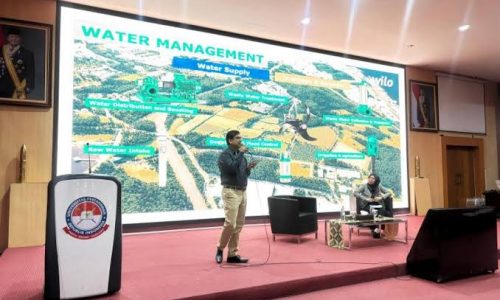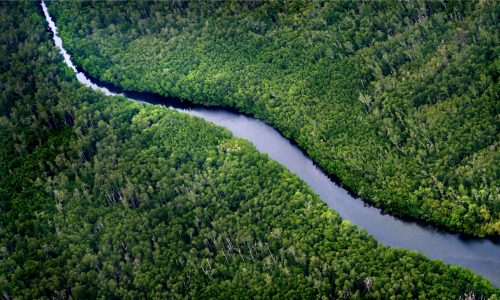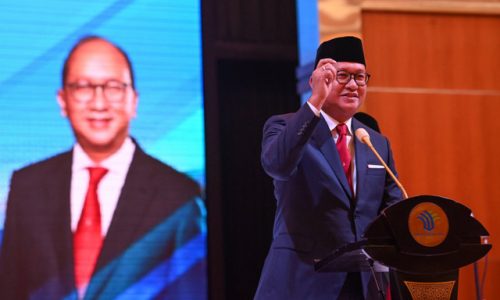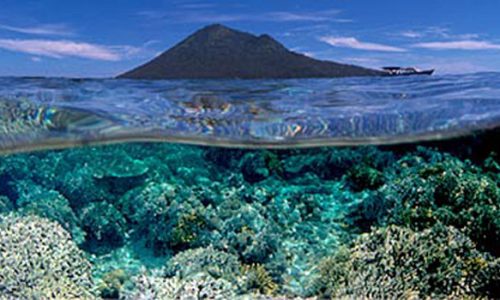Top officials from Indonesia and Malaysia, the world’s largest palm oil producers, are scheduled to visit the European Union HQ in Brussel, Belgia on May 30-31, 2023. The joint team will voice their concerns about a new deforestation law that they believe could adversely affect small farming businesses.
On May 24, the Indonesian Coordinating Minister for the Economy Airlangga Hartarto expressed his views on the EU Deforestation Regulation (EUDR), emphasizing that it may overlook the significant contributions and rights of small farmers within the global supply chain.
“We want to emphasize that the EUDR is burdensome for small farmers because they must comply with administrative procedures as required in the regulation,” Hartarto said.
Accompanying Hartarto, the joint mission will include the Malaysia Deputy Prime Minister Fadillah Yusof. In the Council of Palm Oil Producing Countries (CPOPC) gathering held on May 17, Yusof expressed that the purpose of this mission is to initiate a constructive dialogue with the EU concerning the aforementioned regulation.
“They [the EU] say that the smallholders [small businesses and farmers] are not affected, so we need clear guidelines,” Yusof said, who is also the Malaysian Minister of Plantations and Commodities. He added that there are issues with traceability in the audit mechanism and process.
Indonesia-Malaysia mission to voice concerns
The Indonesia-Malaysia joint mission to the EU HQ serves as a follow-up of the bilateral meeting between the two ministries in February 2023. One of the main agendas is to voice the concerns regarding the EU’s anti-deforestation policy.
This policy is considered as discriminatory and has negative implications on market access for several commodities, especially palm oil, within the EU.
Based on the press release, the primary objective of the mission is to identify and explore potential measures that can be implemented to ensure that the regulation does not have adverse effects, especially on small-scale farmers involved in the cultivation of palm oil and other commodities.
Furthermore, this occasion is also being seized to discuss the progress of the negotiations for the Indonesia-European Union Comprehensive Economic partnership Agreement (IEU-CEPA).
EU Ambassador denies discrimination against palm oil imports
The European Parliament approved a landmark deforestation law last month to ban imports into the EU of coffee, beef, soy, and other commodities unless companies could provide “verifiable” information the products were not grown on land that was deforested after 2020.
This new regulation is warmly welcomed by environmentalists as a fundamental step towards protecting forests given that deforestation contributes about 10 percent of global greenhouse gas emissions.
However, Indonesia and Malaysia accuse the EU of discriminatory policies targeting palm oil, accounting for around 85 percent of global palm oil exports with the EU as their third largest market.
Meanwhile, EU Ambassador to Indonesia Vincent Piket has repeatedly denied the alleged discrimination against palm oil imports. “This law applies to all products, both in Europe and abroad. There is no discrimination, no favouritism,” Vincent said, quoted from Tempo.
Piket stated that commodities produced within the EU as well as imported ones will be required to meet comprehensive anti-deforestation certification starting from December 31, 2020. Nevertheless, if deforestation occurred prior to that period, the comprehensive certification is not required.









